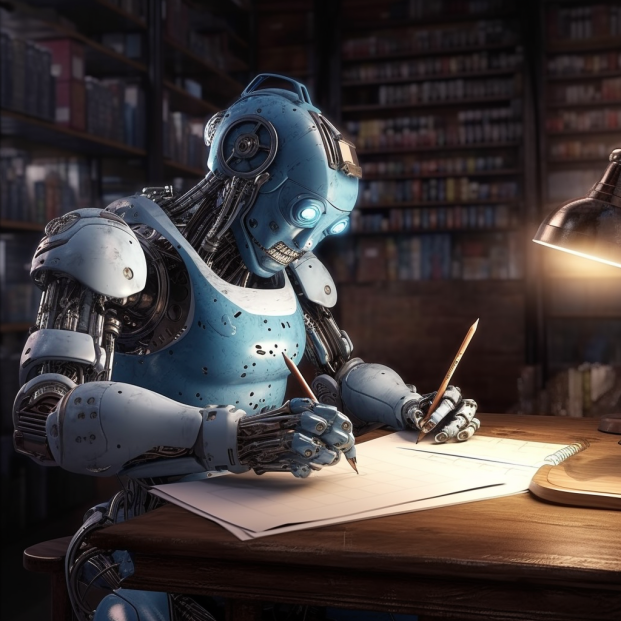A Look Into The Future of Robotics Through Artificial Intelligence
Robotics and Artificial Intelligence (AI) are two of the most exciting technologies currently being developed. They have tremendous potential to revolutionize our lives in various ways, from automating mundane tasks to providing more efficient solutions for complex problems. But what does the future hold when it comes to robotics and AI?
The possibilities seem limitless as researchers push forward on both fronts. We’re already seeing robots that can perform basic tasks, such as vacuuming floors or assembling products. Still, we’re also starting to see robotic systems that use AI algorithms for more sophisticated applications like facial recognition or autonomous driving cars. As these advancements become commonplace over time, they will inevitably lead us into an age where machines can do things humans simply cannot – opening up new opportunities across all industries while transforming how people interact with technology.
One area where this is particularly evident in healthcare: imagine if you could get a diagnosis without ever having seen a doctor by using an automated system powered by artificial intelligence! This advancement would drastically reduce wait times at hospitals and doctors’ offices while giving patients access to better care than ever before – which could save millions of lives worldwide each year. Similarly, advances in robot-assisted surgery mean surgeons no longer need direct physical contact with their patients during operations; instead, relying upon precision tools guided remotely via computer software programs designed specifically for medical procedures – allowing them greater accuracy than traditional methods alone could provide.
Additionally, other areas such as manufacturing are set to be profoundly impacted too: robots equipped with advanced sensors allow factories to run 24/7 without human supervision – meaning production lines can increase efficiency levels significantly compared to current standards while reducing costs associated with labor force requirements simultaneously. In addition, certain types of construction work may eventually come under scrutiny due to safety concerns posed by manual laborers; however, introducing humanoid robots capable of performing hazardous jobs safely should help alleviate some of the risk factors involved.
Regardless of whichever industry one looks at, its precise robotics & AIs role within society will only strengthen in further years. Whether that’s through making life easier, simplifying everyday processes, or even helping extend lifespans thanks to improved health services available, there is really little doubt about the fact innovations coming out of laboratories soon make a substantial impact felt across the globe — ushering humanity towards brighter future filled endless possibility!






